
People often think of etiquette — good manners — in terms of the dinner table. While there are certainly fine points in that arena that deserve to be better known, most of us probably know the basics: Use your napkin, keep your elbows off the table, don’t shovel your food into your mouth, and such.
The celebrated etiquette authority the Emily Post Institute has published a list of the top 10 table manners, including the aforementioned three, and 24/7 Tempo has expanded on the theme with an inventory of some dining-out etiquette rules that should come back.
Etiquette applies to many areas of life beyond the table, however. It’s simply a way to make going through life on a day to day basis as easy and pleasant as possible for everyone concerned.
Every culture has its own code of comportment, of course, and what may seem perfectly acceptable in Denver or Fort Lauderdale might be unforgivably rude in Dubai or Frankfurt (and vice versa) — just as behavior that’s okay at the ballpark would probably be out of place at church.
The point, in every case, is simply to be polite — to avoid making other people uncomfortable or embarrassed and to be careful not to impose upon them, act superior to them, or invade their space (whether physical, auditory, visual, or olfactory).
Click here for etiquette mistakes that make you look rude.
This isn’t the place to catalogue the myriad examples of good and bad manners around the world that may differ from our own. (Consider, for example, the kisses, handshakes, and fist bumps that are ways to say hello in countries around the world.)
Instead, this list is a reminder that some behavior — things we might do, or forget to do — can affect people in ways we might not always be aware of. These are things that make us look rude, even though we don’t intend to be.

1. Being late
Being late for an appointment or a date or a live performance (where your tardy arrival will disturb others in the audience) is a way of saying that you think your time is more valuable than somebody else’s. Guess what? It isn’t. In the age of cellphones — with alerts and maps — you can estimate travel time fairly accurately, by foot as well as by car. (To be safe, give yourself even longer than you think the trip will take.) It’s also important to alert those who might be waiting for you if you find that you’ll be late after all.
[in-text-ad]
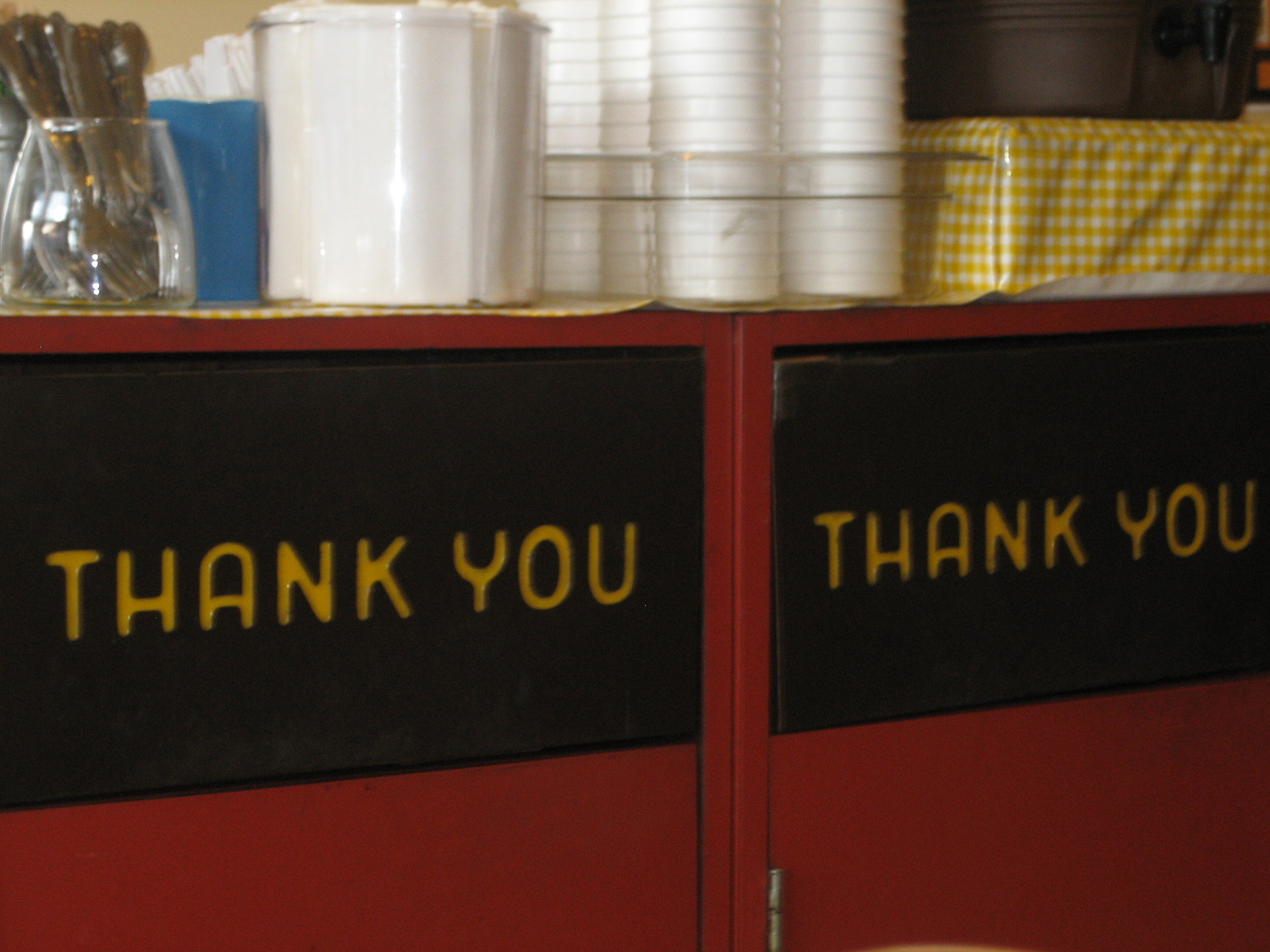
2. Not saying ‘Please’ and ‘Thank you’
As a kind of joke — though a joke with a point — some French café owners a few years back posted signs listing two prices for a cup of coffee. If a customer brusquely asked for “un café” the price would be several times more than for a customer who requested “un café, s’il vous plaît” — “a coffee, please.” Saying “Please” or “Thank you,” in whatever language, takes less than a second, and makes almost any interaction more pleasant for all concerned — whether or not it actually saves you money. There’s really no reason not to use these phrases, always.
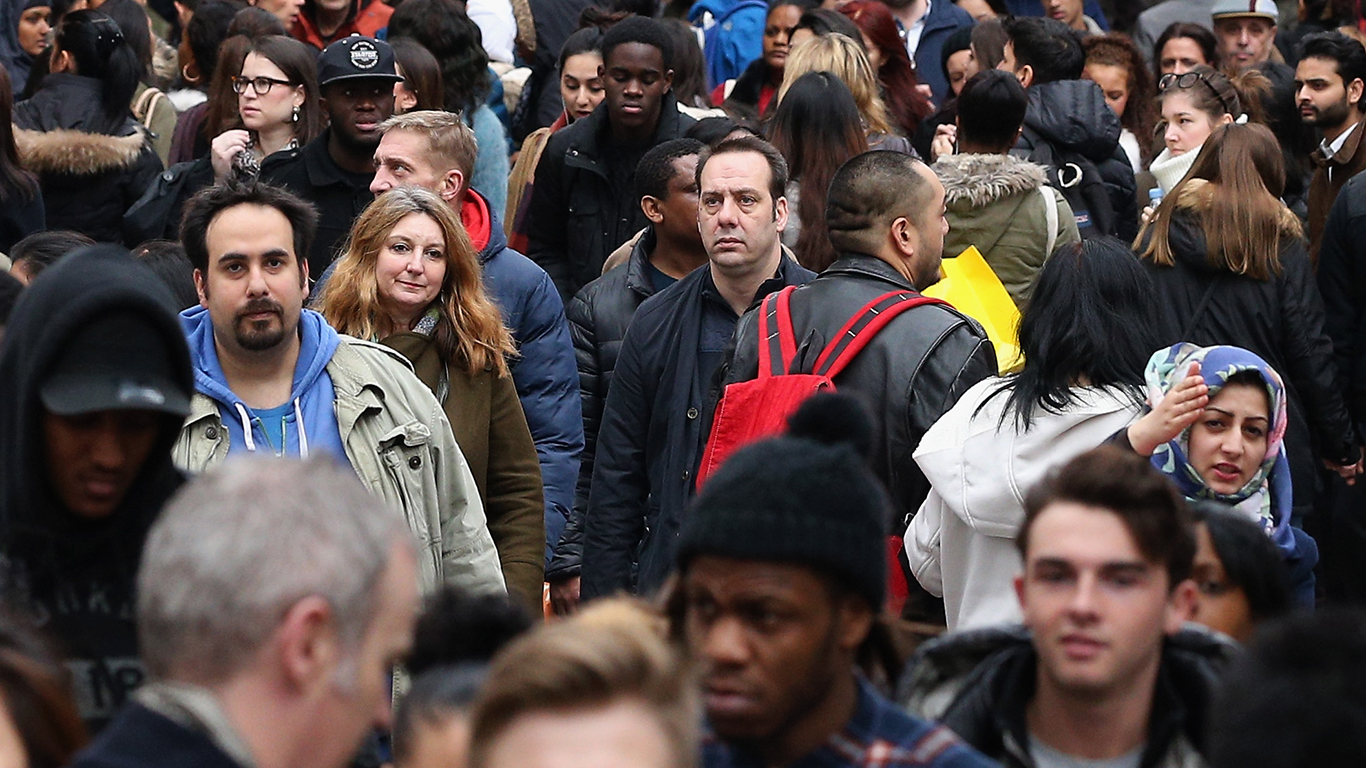
3. Not saying ‘Excuse me’
If you bump into somebody, or need to pass them in tight quarters, or even just find yourself walking in front of them, the polite thing to do is to excuse yourself. Not doing so signals a disregard for others, or an obliviousness to their physical presence or position.
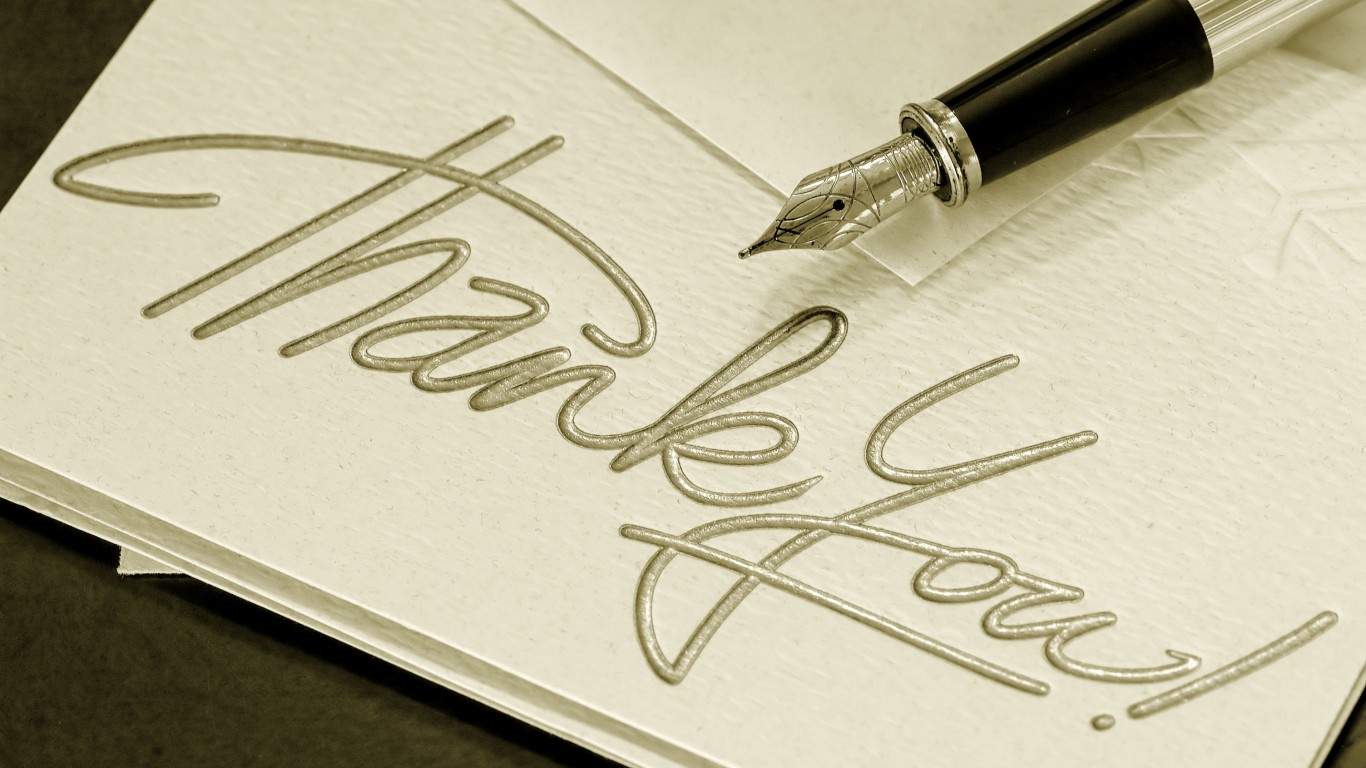
4. Not sending a thank-you note
If somebody invites you to dinner or a party, gives you a gift, offers you a valuable introduction, or just does something nice for you in general, of course you’ll say, “Thank you” (right?). But if what you’ve enjoyed, or received from someone, is significant, you should go one step further: Write them a thank-you note, whether the old-fashioned kind set down on paper and sent by mail or just a nice email. (If what they’ve done for you is really special, you might consider attaching a note to a bouquet of flowers or a bottle of wine.)
[in-text-ad-2]

5. Not introducing people (or yourself)
If you find yourself in a situation where you know everybody but they don’t all know each other, it’s common courtesy to introduce them. And if you’re the new arrival to a group and nobody does the honors, you should take the initiative and introduce yourself.

6. Not standing when introduced
If you’re seated when someone is introduced to you, the polite thing to do is to stand up to shake hands. Not bothering to rise suggests a disdain for the other person that you probably don’t feel.
[in-text-ad]

7. Not making eye contact
Whether you’re meeting somebody for the first time or spending time with somebody you know well, you should always connect with them visually. Creepy staring isn’t the idea here; your gaze can come and go. Not looking somebody in the eye at all, though, can be taken as a sign that you’re insecure, that you think you’re superior to the other person, or that you have something to hide.
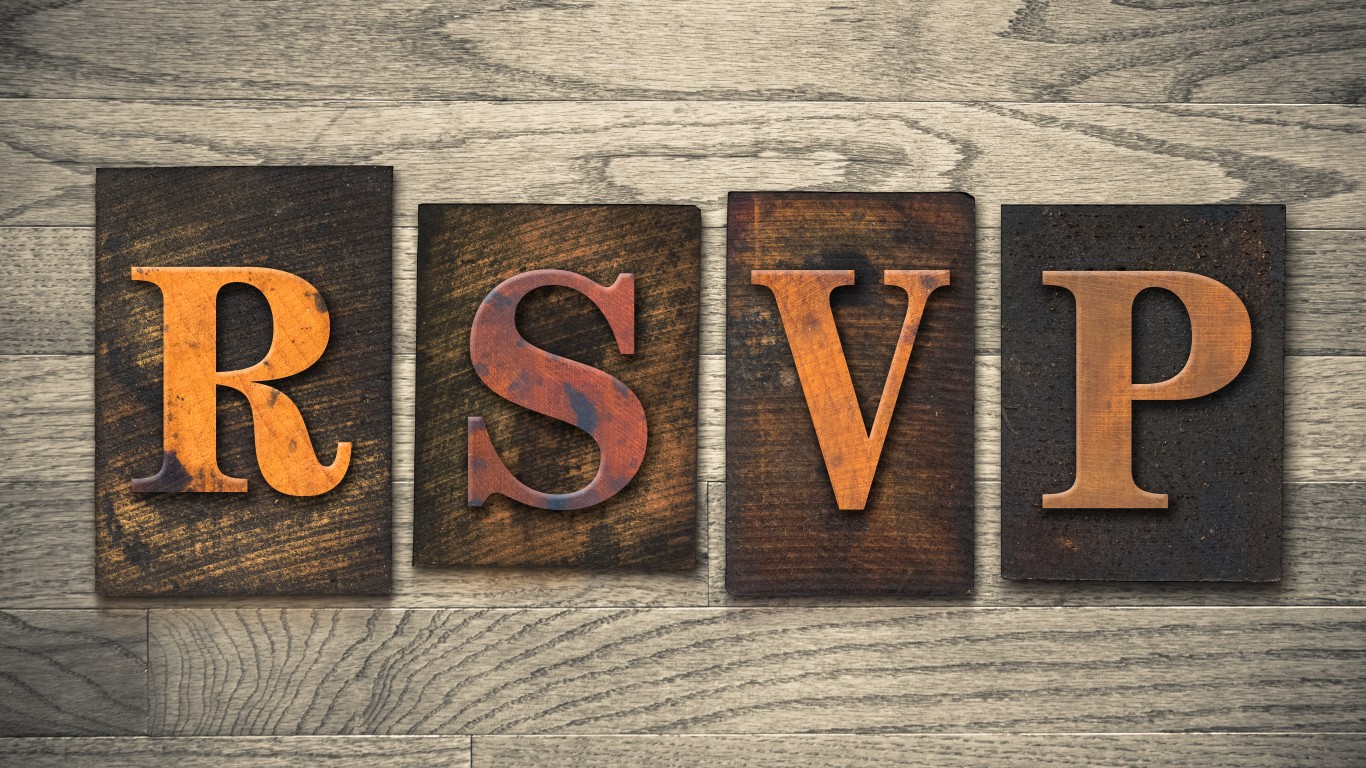
8. Not responding in a timely manner (or at all) to an RSVP
“RSVP” is an abbreviation for the French phrase “Répondez s’il vous plaît” — “Please respond.” If an invitation asks that you do that, honor the request as soon as you can. It’s perfectly acceptable to respond negatively if you can’t attend whatever you’re invited to, and some invitations give you the choice of answering with a “maybe.” The important thing — the polite thing — is to answer, one way or another.

9. Not bringing something to a dinner party
There’s an old Irish expression about someone coming to dinner “with one arm just as long as the other” — meaning that he or she isn’t carrying a thoughtful little gift for the host. Always bring something, as a token of your appreciation for being invited. It could be flowers, a box of cookies or a fruit tart, a bottle of wine (which you shouldn’t necessarily expect the host to open while you’re present), even a gag gift if you know the host — and his or her sense of humor — well. It is, as they say, the thought that counts.
[in-text-ad-2]

10. Bringing uninvited guests (your kids included) to a party without asking
If you’re single and get invited to a dinner, a party, an event of any kind, don’t automatically assume that the invitation includes a plus-one. Just ask politely if you can bring someone and be prepared to be understanding if you’re denied for any reason. And certainly don’t show up with your kids in tow unless you’ve established that they’ll be welcome.

11. Not announcing dietary restrictions before a dinner party
If you’re a vegan or vegetarian, have serious food allergies, or are on a diet for medical reasons, that doesn’t mean that you can’t accept a dinner invitation. What it does mean is that you should explain the situation to your host ahead of time to allow adjustments to the menu or give the host a chance to plan alternate dishes especially for you. Don’t just announce your issues at the door.
[in-text-ad]

12. Not letting others off the train or out of the elevator before getting on or in
Pushing your way into a train or onto an elevator before those who are exiting have had a chance to step out is just plain thoughtless and slows things down for everybody. Let others off before you get on.

13. Not holding the door
For a time, some years back, men who were used to always holding doors open for women were told that they were being condescending and should stop doing it. Nonsense. Men should hold doors open for women. And women should hold doors open for men. And menâ¦. Well, you get the idea. Everyone should always hold the door open for anyone who is following closely behind them. Sure, there’s no reason they can’t open their own door — but doing it for them is a nicety, a little sign of camaraderie, a way of acknowledging a common humanity. And of course, if somebody holds open the door for you, say “Thank you.”

14. Butting in line
If your flight leaves in a few minutes or you find yourself in a grocery line behind somebody who’s shopping for the week and you only have a quart of milk in your hand, it’s perfectly acceptable to ask permission to go ahead of somebody else. Don’t assume that it’s okay, though. Chances are you’re not really more important than the person in front of you, and it’s not their fault if you misjudged the time it takes to get to the airport or the “10 items or less” line was closed.
[in-text-ad-2]
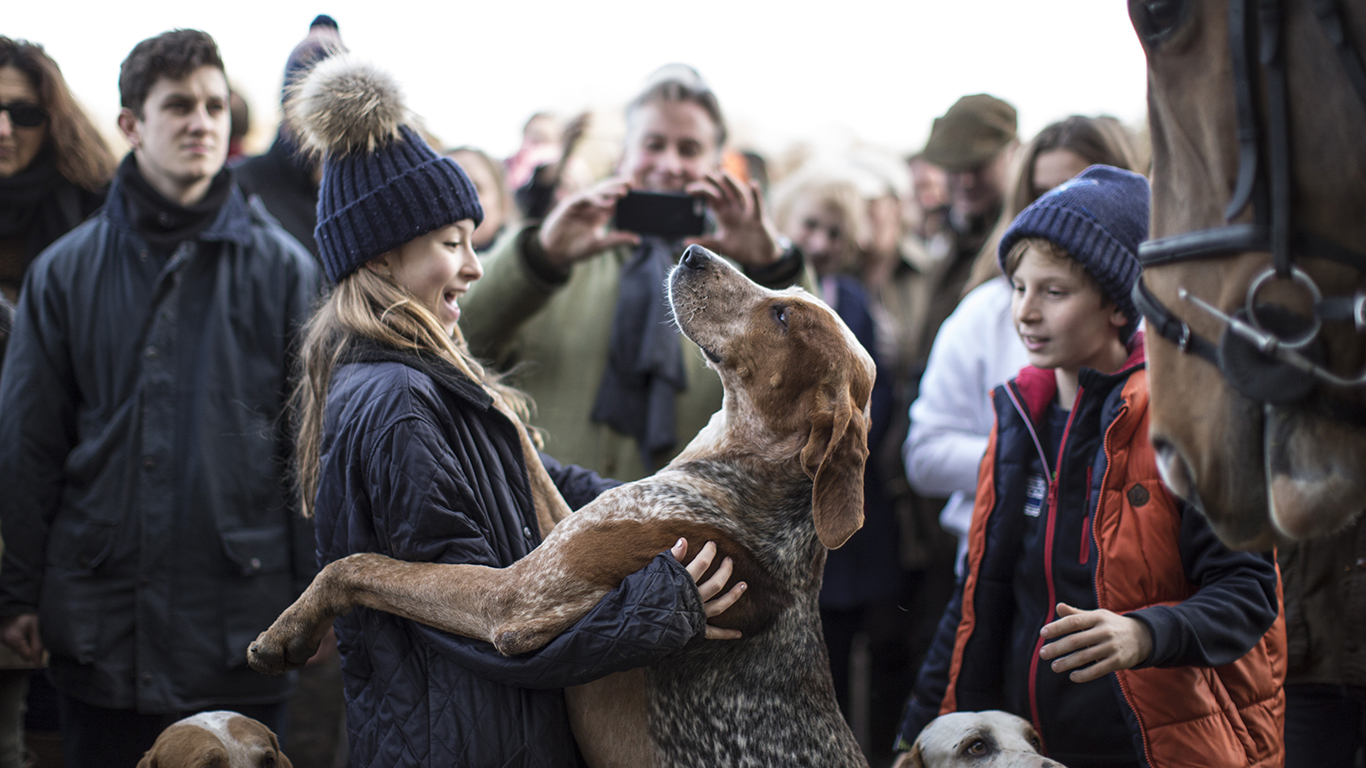
15. Letting your dog or cat bother people
Unless it’s romping with its fellow canines at a dog park, your faithful four-legged companion belongs on a leash. Don’t let Fido (if anybody really names their dog that these days) nuzzle strangers or scrap with other animals. Believe it or not, some people are scared of dogs, so even if yours is a sweetheart, don’t let it approach those who don’t want to be approached. (Parallel commandment: Always ask permission before reaching out to pet a strange dog; it’s not only good manners, it’s a matter of safety.) At home, your dog — and especially your cat — might rule the roost (to mix pet-aphors), but don’t let either animal crawl all over guests or otherwise bother them. Even those who love animals might be allergic to them or just plain not feel like playing.

16. Interrupting without a good reason
Interrupting someone while they’re talking suggests that what you have to say is more important than what they have to say. Sometimes, of course, it might be — if you need to let them know that there’s a fire in the kitchen, say, or that it’s time to hit the road for the airport — in which case interrupt politely. That means saying “Excuse me,” or “I’m sorry to interrupt, butâ¦,” or something similar. It’s also permissible to break into a conversation to prevent somebody from spilling a secret or potentially insulting or embarrassing somebody within earshot, or when somebody just drones on and on forever. Otherwise, wait your turn.
[in-text-ad]

17. Engaging in public displays of affection
We get it. You’re in love, or at least in lust, and you just can’t keep your hands and lips off him or her or them. Fine — but as the old expression goes, “Get a room” (or at least find a quiet nook somewhere out of sight). Hugs or quick hello or goodbye kisses are fine, of course; beyond that, just show a little restraint until you’re alone together.

18. Pointing your finger at someone
You should never point at people, it has been said — only at animals and objects or to indicate directions. In fact there’s nothing wrong with sticking out your index finger to indicate somebody from a distance, but pointing at somebody nearby is just not nice. It calls attention to people in a way they may not like, and almost always seems like an accusation (“That’s the thief!”).

19. Standing in the wrong place
It’s amazing how often people stop to look around or have a conversation or check their phones in inopportune places — like at the top of an escalator, in front of a door, or in the middle of the street. This obliviousness to the flow of traffic is just plain thoughtless (and in the case of that escalator, seriously dangerous). If you’re going to stop, step aside.
[in-text-ad-2]

20. Texting when you’re with other people
This might be a lost cause, because almost everybody seems to be texting almost all the time (even, dangerously and sometimes tragically, while driving). That said, like so many other rude behaviours, sending or reading text messages when you’re supposedly engaged with others — at the dinner table, at the office, or wherever — suggests that you have something more important to do than pay attention to them. Maybe you do, in which case go and do it (after excusing yourself politely, of course).

21. Talking on the phone in a bus or train or at the table
Carrying on a phone conversation when you’re surrounded by fellow commuters or are sitting at the dinner table with family, friends, or co-workers, is an expression of disrespect for those around you. Sometimes, admittedly, the cellphone rings and it’s something important — that vital business connection you’ve been waiting for; the babysitter informing you that who-knows-what — and you simply have to take the call. Okay, but keep it as short as possible, speak softly, and go someplace quiet if you have to talk for a while.
[in-text-ad]

22. Playing video games or listening to music without headphones
As with yakking on the phone in the midst of others, as on a train or plane or in a restaurant, using any device that makes noise — an iPod, a Game Boy, whatever — in public is an intrusion into other people’s space (and peace and quiet). Use earbuds or headphones. Parents sometimes protest that they have to keep little Johnny amused and he doesn’t like things in his ears. Too bad. Give him a coloring book.
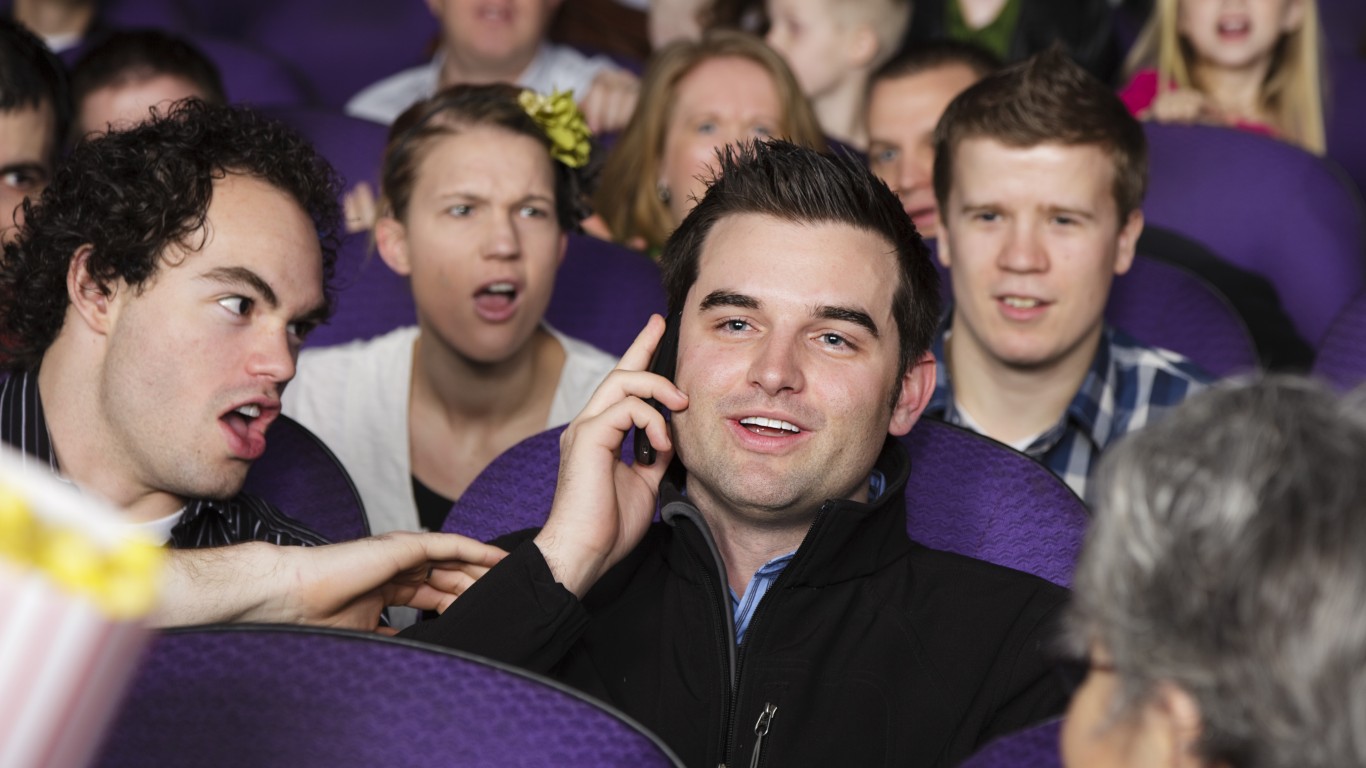
23. Talking in movie theatres
You’re sitting in the dark next to a friend or mate and you’re a little bored by what’s up on the screen, so why not catch up on the latest gossip or chat about weekend plans. Because, again, you’re surrounded by other people and affecting their experience. If you want to natter while you watch, get Netflix and stay home. (Talking on the phone at the movies is just as bad, or worse, and even texting in the dark can bother other people.)
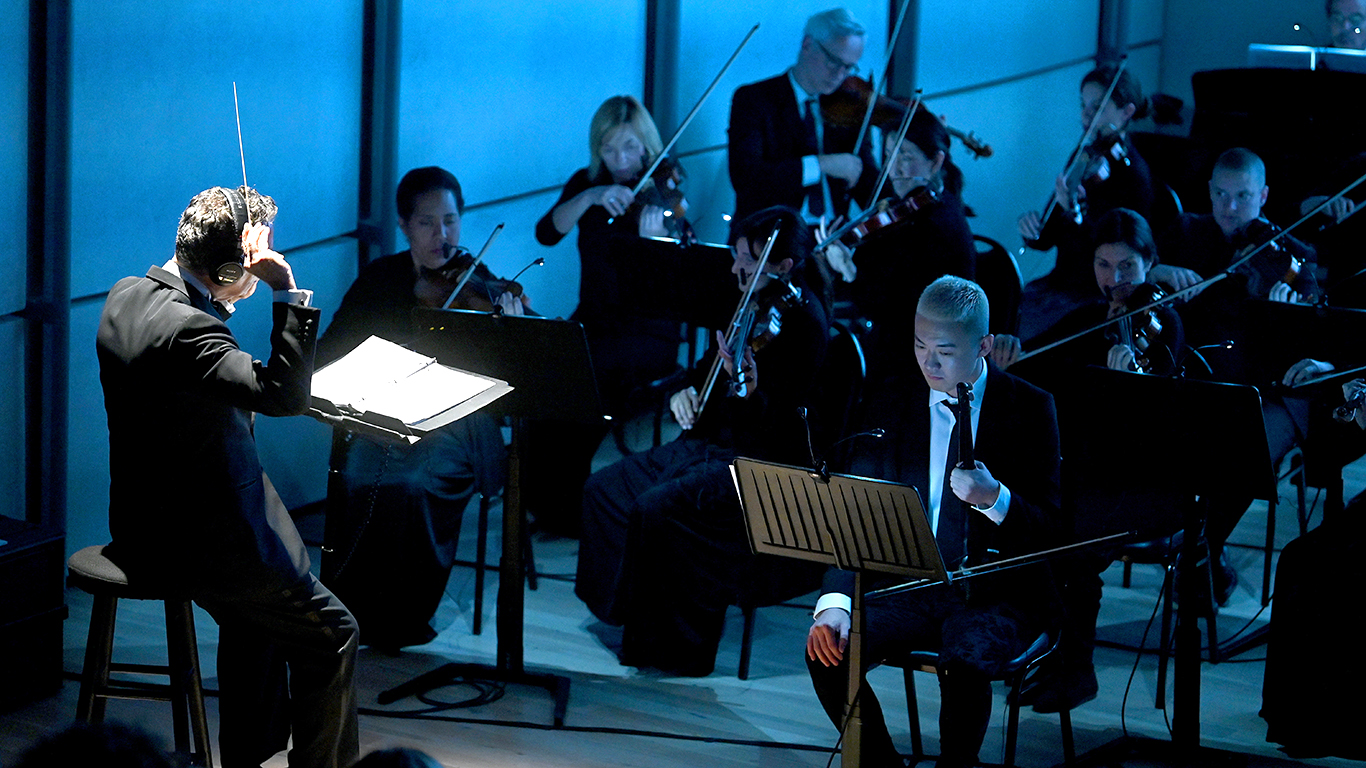
24. Making noise in concert halls
This applies mostly to classical performances or other acoustic entertainment (obviously nobody’s going to notice a little racket if it’s Metallica onstage). Serious musical audiences tend to get caught up in the moment and distractions like unwrapping snacks or repeated coughing break the mood. If you have a coughing or sneezing fit, leave the auditorium until it calms down. (If you’re really sick, of course, you shouldn’t be out in public anyway.) And if you’re new to classical music, be careful not to start applauding unless everyone else is; many compositions are divided into movements and the convention is to applaud at the end of the entire work, not every time the performers fall silent along the way.
[in-text-ad-2]
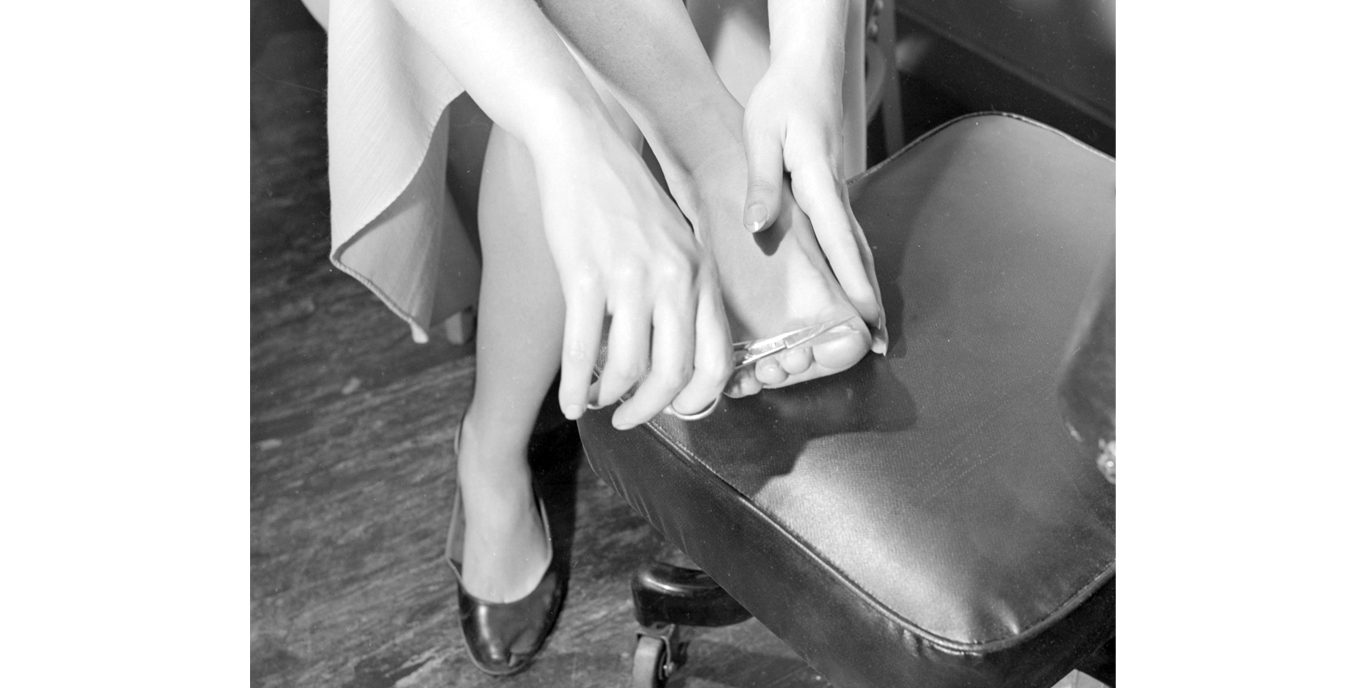
25. Grooming yourself in public
Putting on makeup, flossing your teeth, brushing out your hair, and other kinds of personal care may be important to you and also, by extension, to those you come into contact with. But that doesn’t mean that anybody else needs to witness these processes. If you can’t take care of necessary grooming at home, well, that’s what restrooms are for.
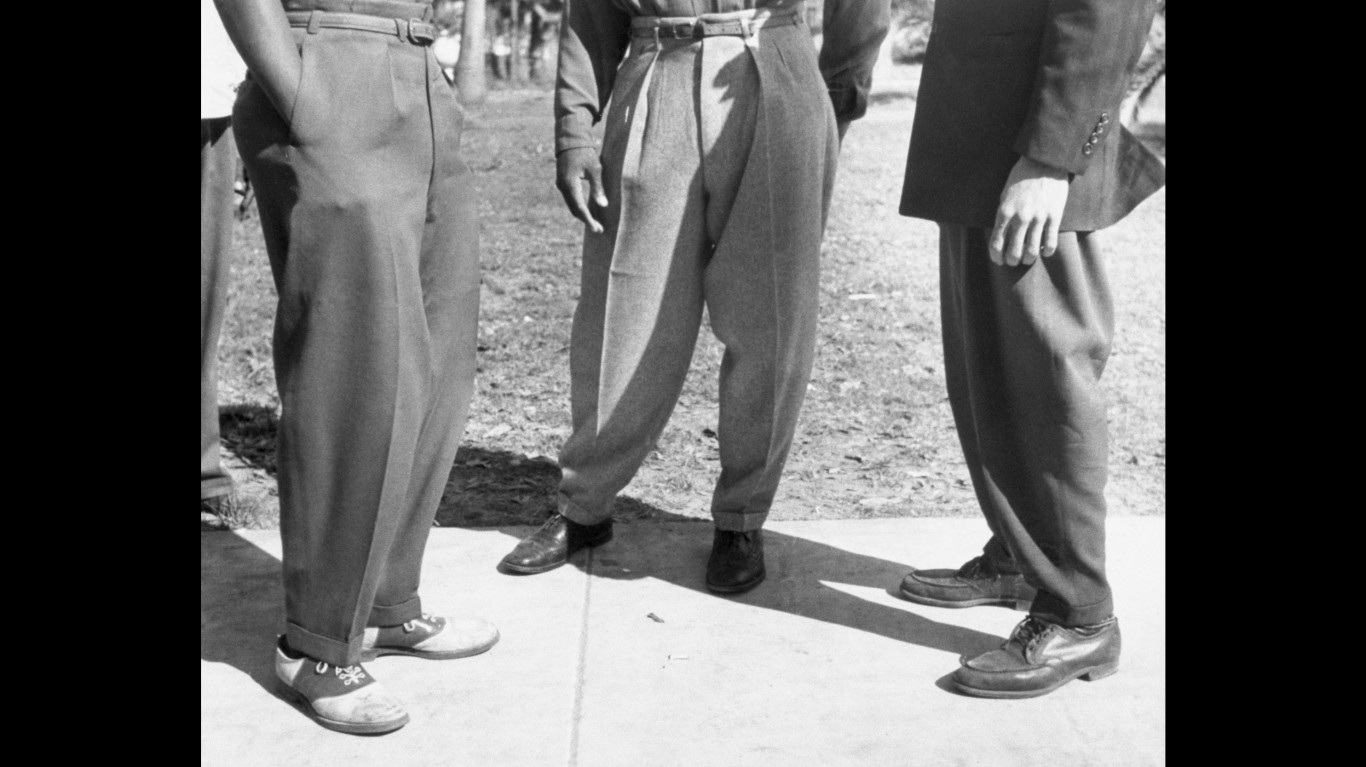
26. Underdressing
In earlier times, men boarding airplanes wore suits and ties and women donned dresses; jeans were for ranch hands or rebellious teenagers. We live in more casual times today, and there’s nothing wrong with substituting comfort and utility for slavish observance of some arbitrary dress code. But the way you look when you go out in public becomes part of the landscape, and inappropriate garb can impinge on the sensitivities of others. Even if the maître d’ allows it, nobody wants to see your stylishly torn sweatshirt at your cousin’s wedding. And, sure, you look great in those shorts — but at an elegant restaurant where a meal for two costs hundreds of bucks? Few establishments enforce dress codes anymore, but you should have your own: Dress to show respect for your intended surroundings and those who will be there. And it’s always better to be a little overdressed than to show up looking like a slob.
[in-text-ad]
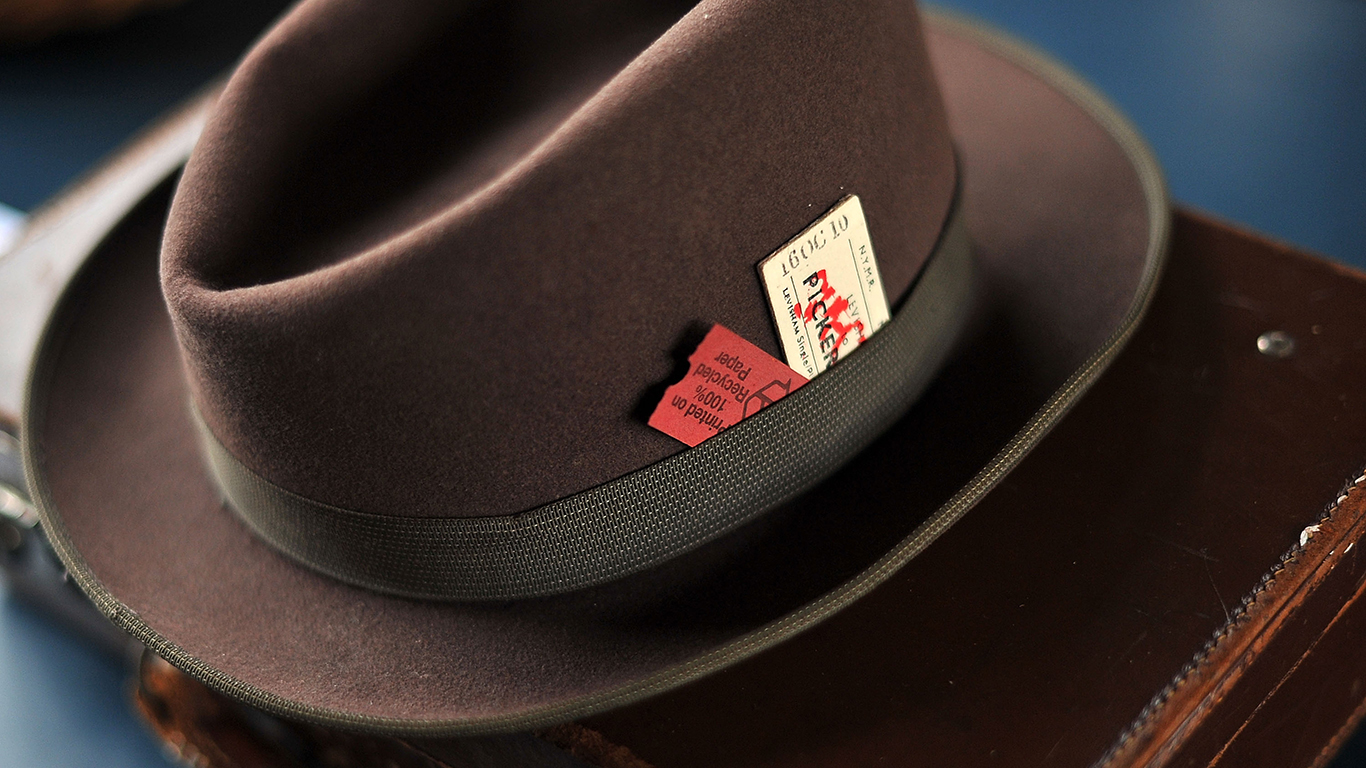
27. Leaving your hat on indoors
“You can leave your hat on,” goes the Randy Newman song memorably recorded by Joe Cocker. No, you can’t. Not indoors, at least not all the time. Doffing (raising or removing) your hat has long been a sign of respect, and leaving it on at the office or at a party or at a restaurant thus signals disrespect for your those around you. And, yes, that goes for baseball caps, no matter which way the bill faces. There are some exceptions, however: You can indeed leave your hat on in large public spaces like airports, trains and buses and the stations that serve them, and indoor arenas (as long as you’re not blocking anyone’s view in this last case). Women also get more leeway when wearing fashion hats at social events, and are sometimes required to wear headgear in religious environments. And in Texas and elsewhere in the West (and in the world of country music) keeping that cowboy topper on is usually considered just fine.

28. Mistreating servers
Few things are more boorish than lording it over somebody whose job it is to serve you. The men and women who wait tables aren’t your inferiors or your servants. They’re people just like you who happen to be doing a demanding job, most likely to the best of their abilities. Being rude to them is just petty, and most likely makes you look like an ass to your dining companions, whether they express that to you or not. And don’t go in the other direction, either, and try to be too friendly to your served, touching them or otherwise behaving in a creepy manner. If you think he or she is flirting with you, remember that that’s probably less an expression of romantic interest than it is a technique to get a bigger tip.
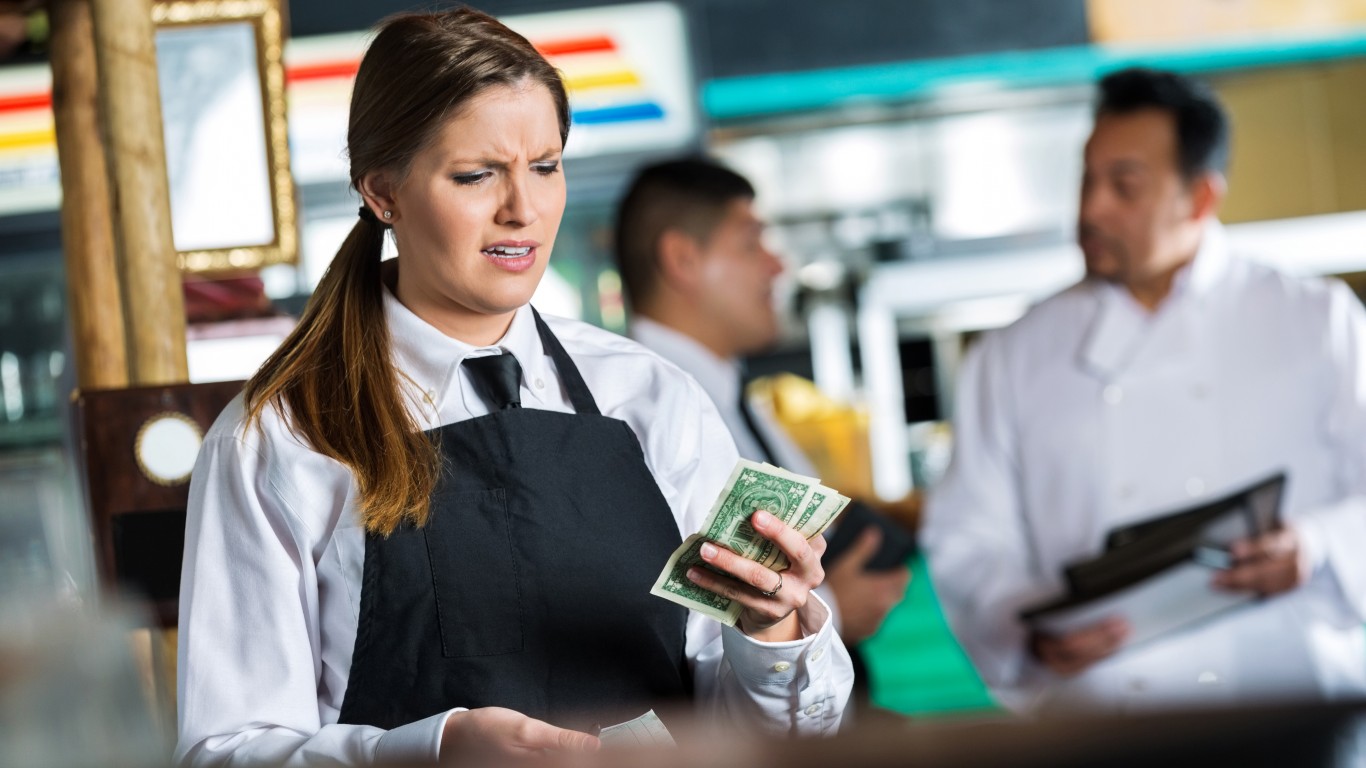
29. Undertipping
Speaking of bigger tips: Some restaurants now figure a service charges into their prices so that servers and other personnel can be guaranteed a decent salary. In most places, though, restaurant servers work for far less than minimum wage, with the shortfall theoretically made up for by tips. Nothing is more petty for a diner than to nickel-and-dime those who have served the meal. Don’t be stingy, even if you have complaints about the service. If you’re the one sitting at the table, chances are pretty good the server needs that extra couple of bucks more than you do. (If you have a truly bad experience with service, leave a minimal tip â say 10% â and let the manager know.)
[in-text-ad-2]

30. Hitting “reply all”
This simple, all-too-easy-to-use email option has been flooding inboxes annoyingly and sometimes getting people into trouble for as long as there’s been email. When a message goes out to a large number of people, or even just a few, think carefully before hitting “reply all.” Does everybody really want or need to see your response? Probably not. Especially if you’re saying anything negative or potentially controversial in your reply — but even if you’re not — read over the addressee list and delete those who shouldn’t see what you’re sending. Better yet, do a simple “reply” to the sender and copy anyone else who should be included.
Are You Ahead, or Behind on Retirement? (sponsor)
If you’re one of the over 4 Million Americans set to retire this year, you may want to pay attention.
Finding a financial advisor who puts your interest first can be the difference between a rich retirement and barely getting by, and today it’s easier than ever. SmartAsset’s free tool matches you with up to three fiduciary financial advisors that serve your area in minutes. Each advisor has been carefully vetted, and must act in your best interests. Start your search now.
Don’t waste another minute; get started right here and help your retirement dreams become a retirement reality.
Thank you for reading! Have some feedback for us?
Contact the 24/7 Wall St. editorial team.
 24/7 Wall St.
24/7 Wall St. 24/7 Wall St.
24/7 Wall St. 24/7 Wall St.
24/7 Wall St.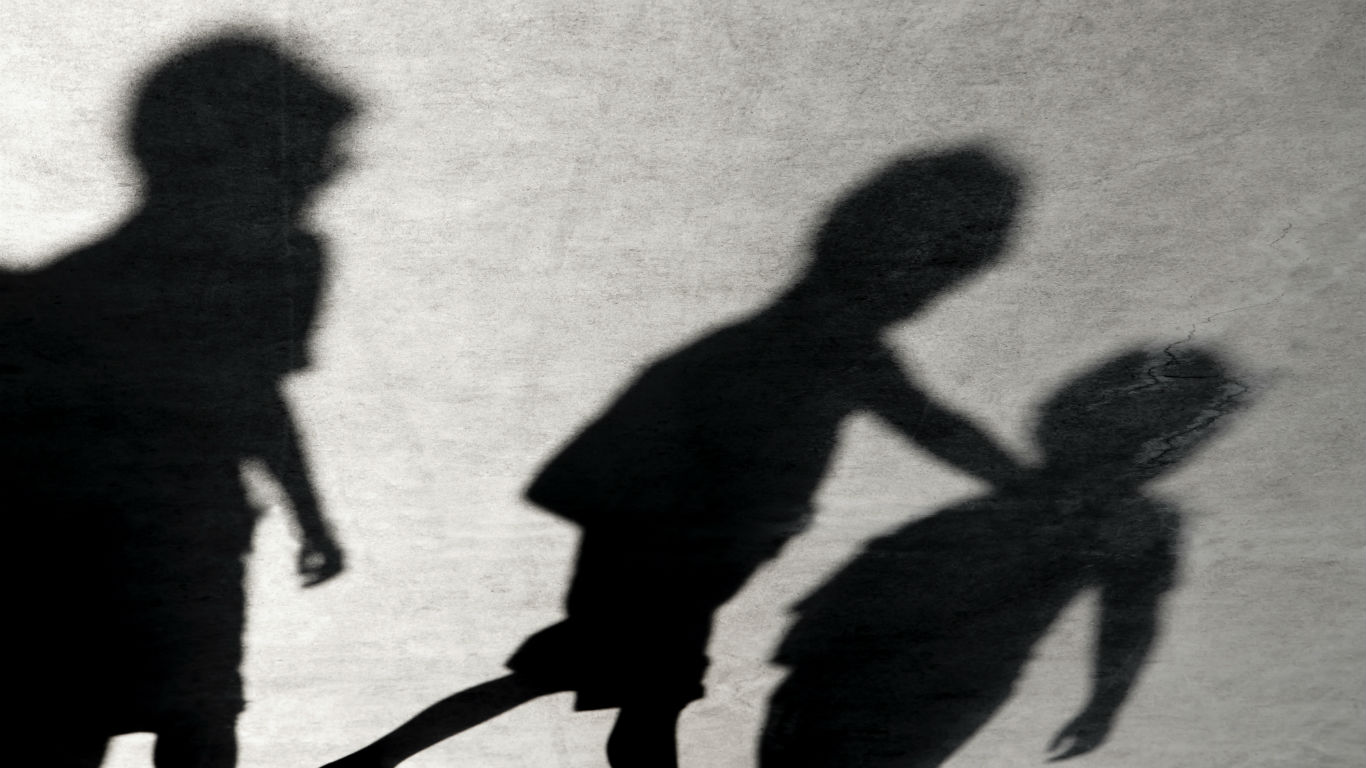 24/7 Wall St.
24/7 Wall St.